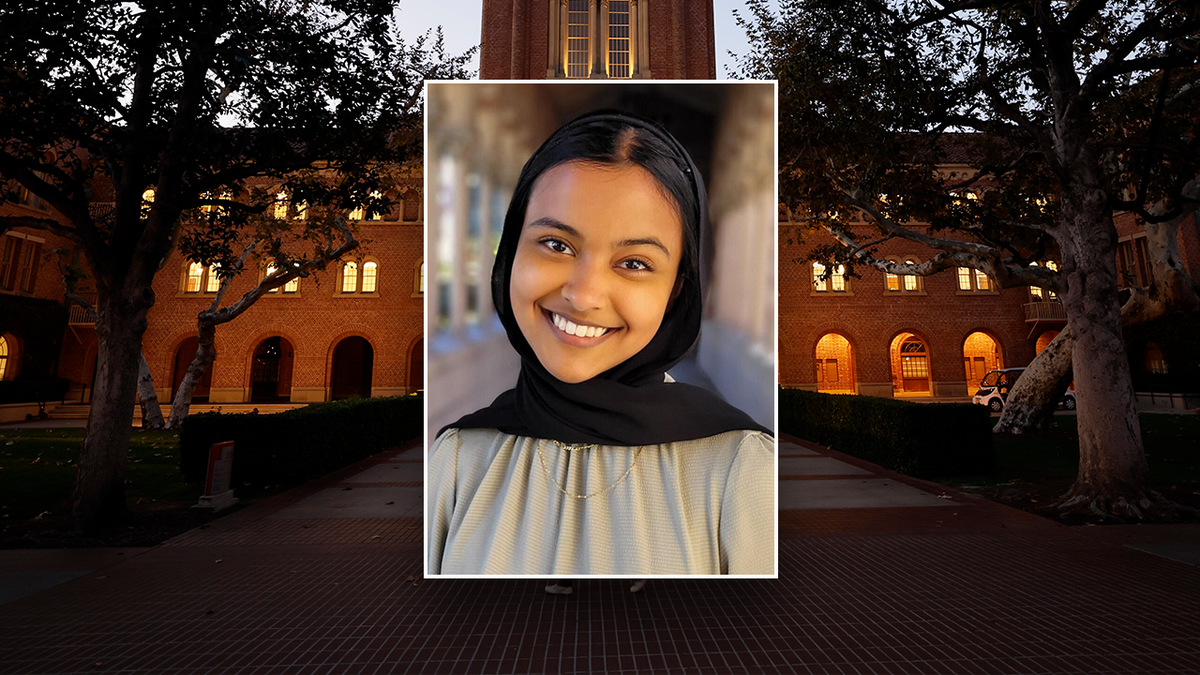
In recent days, two universities in the United States have faced significant disruptions due to protests related to the ongoing Israel-Hamas conflict. The University of Texas Austin and the University of Southern California (USC) have both experienced protests that led to arrests and cancellations of events.
At the University of Texas Austin, leaders gave an 'interim suspension' to the Palestine Solidarity Committee after multiple attempts to meet with student organizers were ignored. The university also reached out to Muslim community leaders at the Nueces Mosque on protest day for ongoing dialog. However, despite these efforts, protests led to at least 55 arrests and national controversy.
Meanwhile, USC canceled its 'main stage' graduation ceremony due to anti-Israel protests that shut down the campus. Protests have been ongoing for over a month in response to the cancellation of a valedictorian's speech and other rallies opposing Israel's war in Gaza. Nearly 100 students were arrested during these protests.
Both universities have faced criticism and praise for their handling of the situations. Some argue that they are protecting free speech, while others believe they are caving to campus terrorists.
Gov. Greg Abbott of Texas ordered more than 100 state troopers to clear pro-Palestinian protesters from the University of Texas campus, leading to dozens of arrests. Abbott has been positioning himself as one of the most assertive red-state governors in America and was eager for a fight with the political left under the national spotlight.
At Indiana University Bloomington, 33 protesters were arrested as police with shields and batons pushed into a line of protesters. Students are demanding that schools cut financial ties to Israel and divest from companies enabling the conflict.
The US Education Department has urged colleges to protect free speech while ensuring safety on campus. The American Civil Liberties Union (ACLU) has also weighed in, stating that universities must balance the First Amendment rights of students with public safety concerns.
As protests against the Israel-Hamas war continue to grow, colleges and universities across the country are grappling with how to handle these situations. Some schools have called in police to break up demonstrations, while others are content to wait out student protests as final exams approach.





